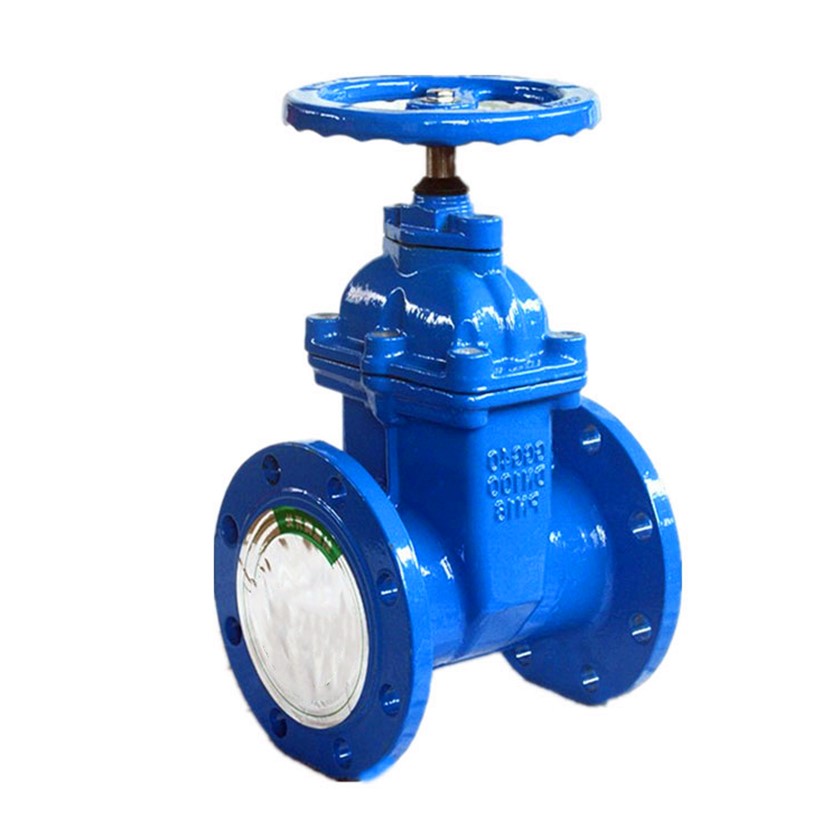4 inch gate valve
Understanding the 4-Inch Gate Valve A Comprehensive Guide
When it comes to controlling the flow of fluids in industrial applications, gate valves play a crucial role. Among the various types of gate valves, the 4-inch gate valve stands out due to its versatile usability and reliability. In this article, we will explore the characteristics, applications, benefits, and maintenance of 4-inch gate valves.
What is a Gate Valve?
Gate valves are linear motion valves used to start or stop the flow of fluids. Unlike globe valves, they are not suitable for throttling services, as they do not provide good flow regulation. The primary function of a gate valve is to either allow flow through the valve or block it completely. The valve gate can be raised or lowered using a threaded stem, which is turned by a handwheel or actuator.
Specifications of a 4-Inch Gate Valve
The term 4-inch refers to the nominal diameter of the valve opening. This size is commonly used in various piping systems across different industries, including water supply, oil and gas, chemical processing, and wastewater management. A typical 4-inch gate valve may have specific pressure ratings, such as ANSI Class 150, 300, or higher, depending on the application requirements.
Materials and Design
4-inch gate valves are available in various materials, including ductile iron, stainless steel, and carbon steel. The choice of material impacts the valve's durability, strength, and resistance to corrosion. The valve design may also include various end connections, like flanged, threaded, or welded, to suit different piping systems.
Applications of 4-Inch Gate Valves
The versatility of the 4-inch gate valve allows it to be used in multiple settings. Some common applications include
1. Water Distribution Gate valves are often used in municipal water systems to control water flow and isolate sections of pipelines for maintenance. 2. Oil and Gas In the oil and gas industry, these valves are essential for starting or stopping the flow of crude oil and natural gas through pipelines.
3. Chemical Processing In chemical plants, gate valves manage the flow of corrosive or hazardous materials, ensuring safe and efficient operation.
4 inch gate valve

Advantages of 4-Inch Gate Valves
1. Low Pressure Drop When fully opened, gate valves offer minimal resistance to flow, which results in a low pressure drop across the valve.
2. Durability Constructed from robust materials, 4-inch gate valves can withstand high pressure and temperature conditions, making them suitable for demanding applications.
3. Ease of Maintenance Gate valves are generally simple to repair and maintain, as they have fewer components compared to other valve types.
4. Isolation Capability Their design allows for complete shutoff of flow, which is crucial when isolating sections of a system for repairs or inspections.
Maintenance of 4-Inch Gate Valves
To ensure optimal performance and longevity of 4-inch gate valves, regular maintenance is necessary. This includes
- Routine Inspections Regular checks should be conducted to identify any signs of wear, corrosion, or damage. - Lubrication The valve stem and threads should be lubricated periodically to facilitate smooth operation. - Testing Valves should be tested for leaks and functionality, especially after prolonged periods of inactivity.
Conclusion
The 4-inch gate valve is an indispensable component in various industries due to its capacity to effectively manage fluid flow. Understanding its features, applications, and maintenance requirements can help ensure that these valves perform reliably and efficiently, contributing to the overall effectiveness of fluid systems. Whether in municipal infrastructure or industrial processes, the 4-inch gate valve remains a staple in flow control technology.
-
3 types of check valves maintenance tipsNewsAug.23,2025
-
Ball valves types with trunnion mounted designNewsAug.23,2025
-
Butterfly valve company production capabilitiesNewsAug.23,2025
-
Fisher globe valve technical specificationsNewsAug.23,2025
-
Types of gaskets for flanges selection guideNewsAug.23,2025
-
Wedge gate valve suppliers quality standardsNewsAug.23,2025
-
Breakthrough in Domestic Low Temperature Valve Technology in ChinaNewsAug.18,2025




